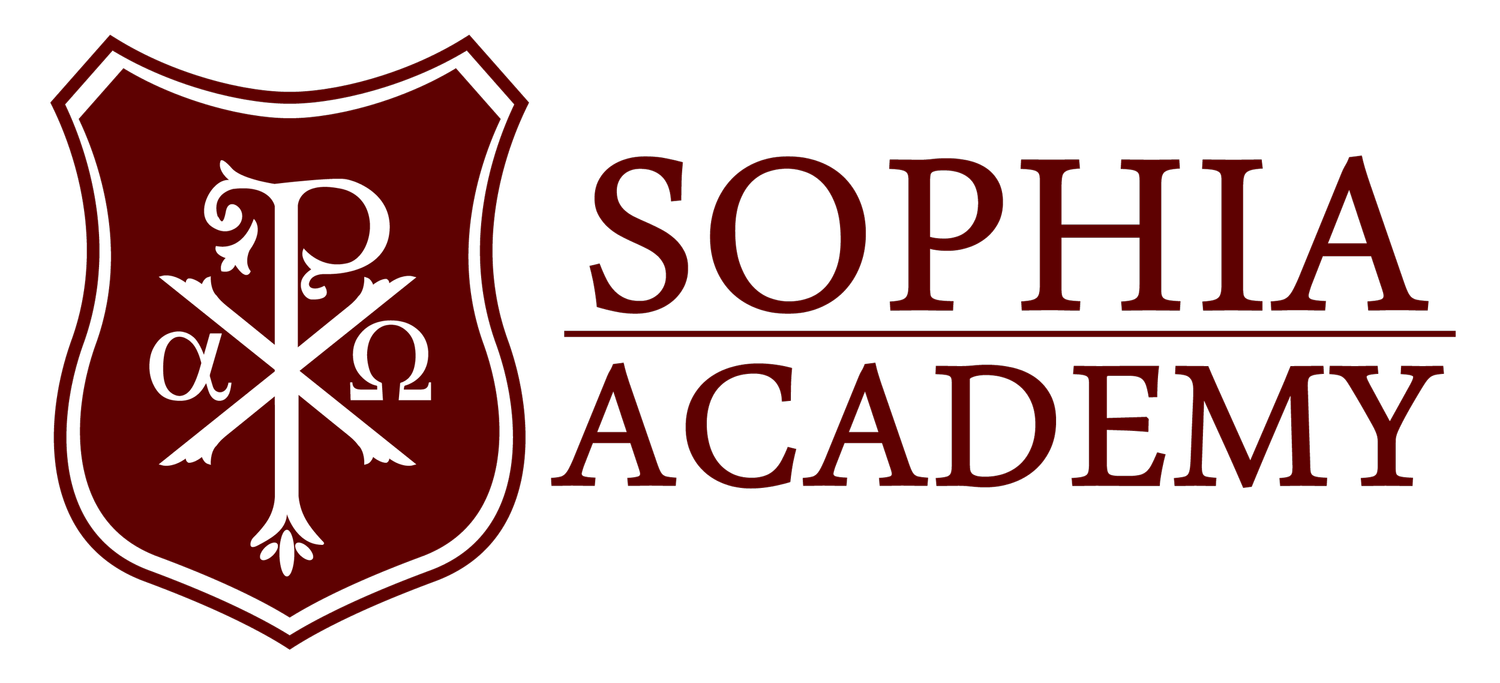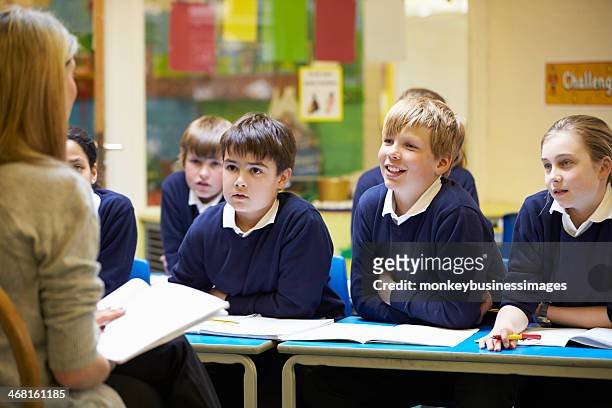“True wisdom is virtue united with knowledge.”
Classical Pedagogy
Classical education comes with a rich and varied pedagogical tradition. Within this tradition, a few enduring methods hold much of the weight. These are often referred to as the five pillars of classical pedagogy: questioning, narration, composition, discussion, and oration.
The pillar of questioning emphasizes asking over telling. If the student can discover the knowledge, then the teacher’s job is to pull it out of them with questions. This will often take the form of answering a question with a question, similar to Jesus. In a moment of confusion between competing teachings, someone asked Jesus, “How is it that we and the Pharisees fast, but your disciples do not fast?” Jesus answered, “How can the guests of the bridegroom mourn while he is with them?” A question like this invites deeper contemplation, causing various faculties to be engaged that would sit dormant otherwise.
This leads into the pillar of narration. At the heart of this is self-education, the process by which, empowered by the teacher, the student uses his or her God-given faculties to learn. It’s not the teacher’s role to tell the students what they already know or might know. On the contrary, the student should always narrate and give expression to the knowledge they hold. If they can learn to narrate from an early age, then the pillar of composition becomes the next step in their ability to to wisely and eloquently express ideas and arguments in written form. This cannot simply be taught in a curriculum; rather, it’s caught through the pillar of discussion. The dialectical process engages mental activity with opposing claims, and creates a vibrant community of learners who enjoy learning. Additionally, the active learning that occurs in discussion aids long term retention.
Lastly, the pillar of oration. Oratory skills help one speak convincingly and eloquently. For this to occur, the foundation must be set: the art of grammar, logic, composition. If students have been learning the art of words and numbers, and using them to discuss ideas and engage arguments since grammar school, they’re on their way to becoming a skilled orator. It’s important to note that oratory skills are not aimed at sounding intelligent, which could lead to manipulation. Rather, its aim ought to be solely fixed on pointing others towards that which is true, good, and beautiful.
These moral and intellectual habits are established through many different avenues. A classroom must employ songs, chants, and physical motion. Subjects and disciplines should be integrated as much as possible, training students to see the world as a whole. The skill and art of memorization must be utilized, training the memory to store and retrieve good things, while overcoming the typical process of cram, pass, forget. Lastly, and perhaps most importantly, the classroom must be transformed into a roundtable of rich discussion. Dialogue, far more so than didactic teaching, engages the mind and heart in such a way that trains the student to be in a lifelong relationship with the learning process. Bullet points are for tests; dialogue is the stuff of life.

